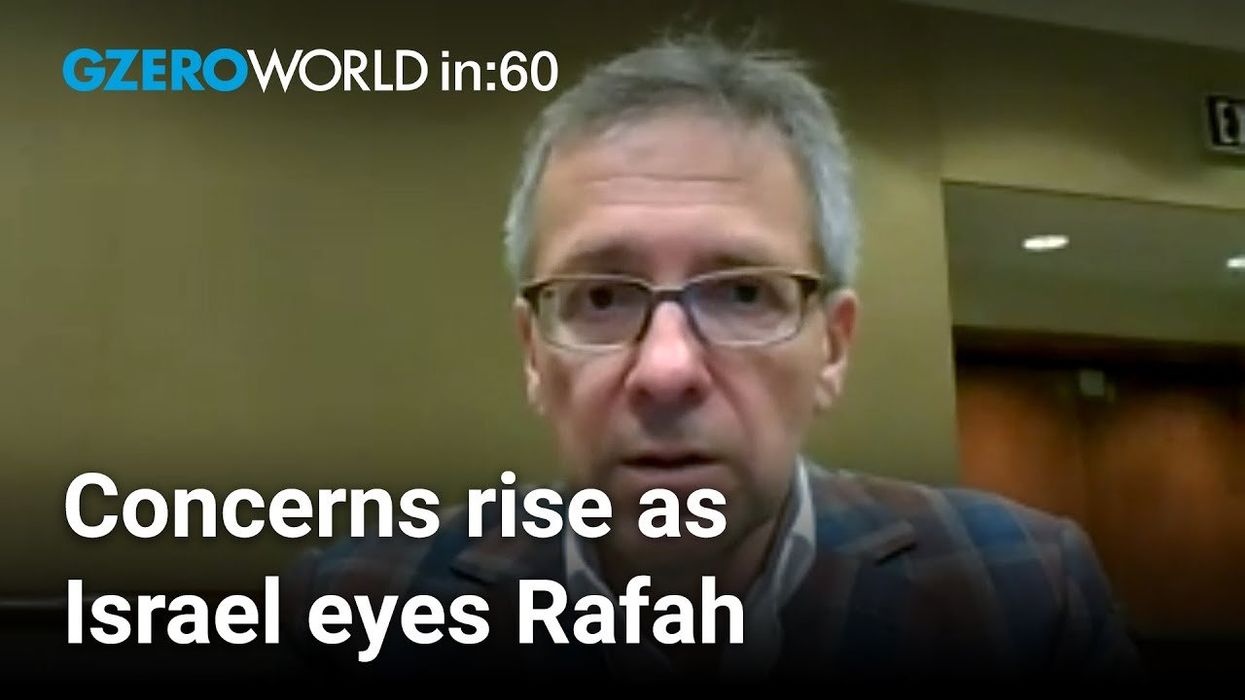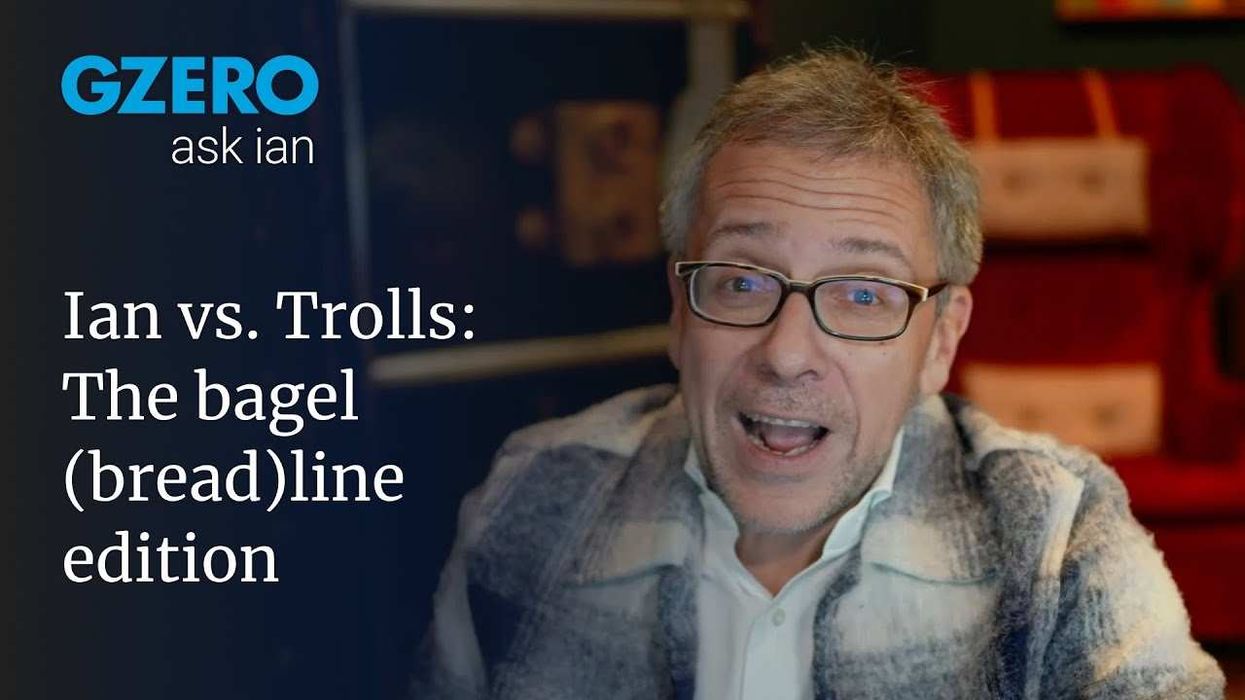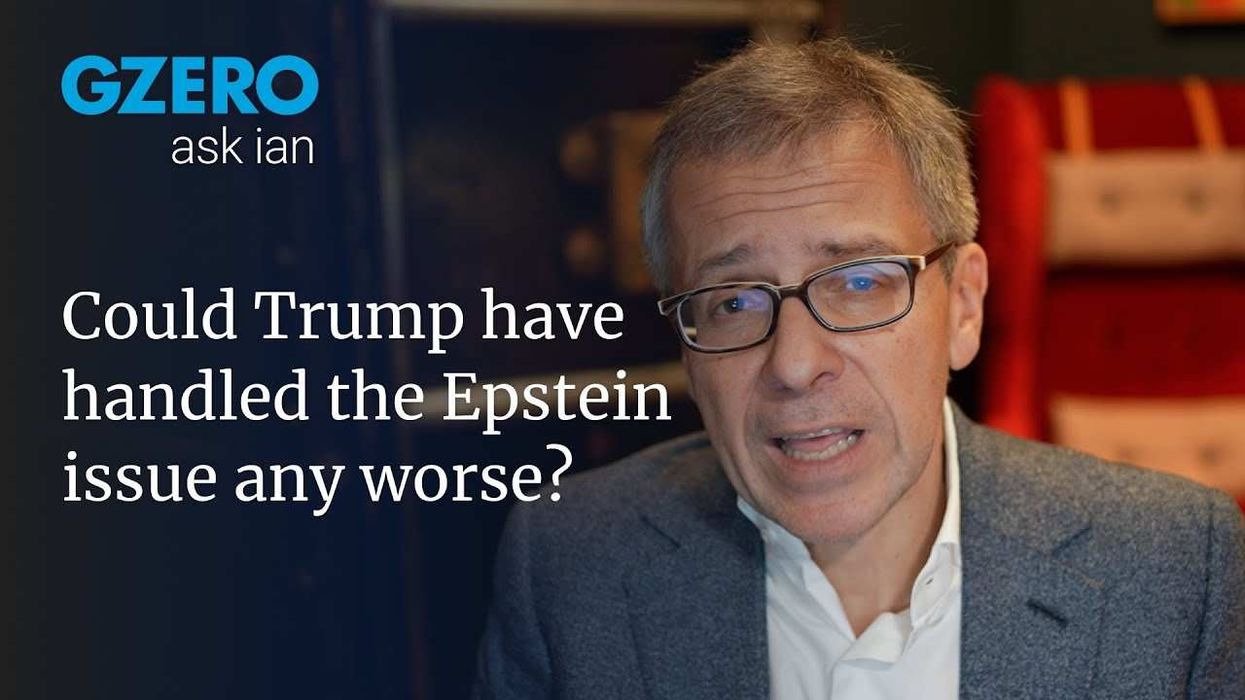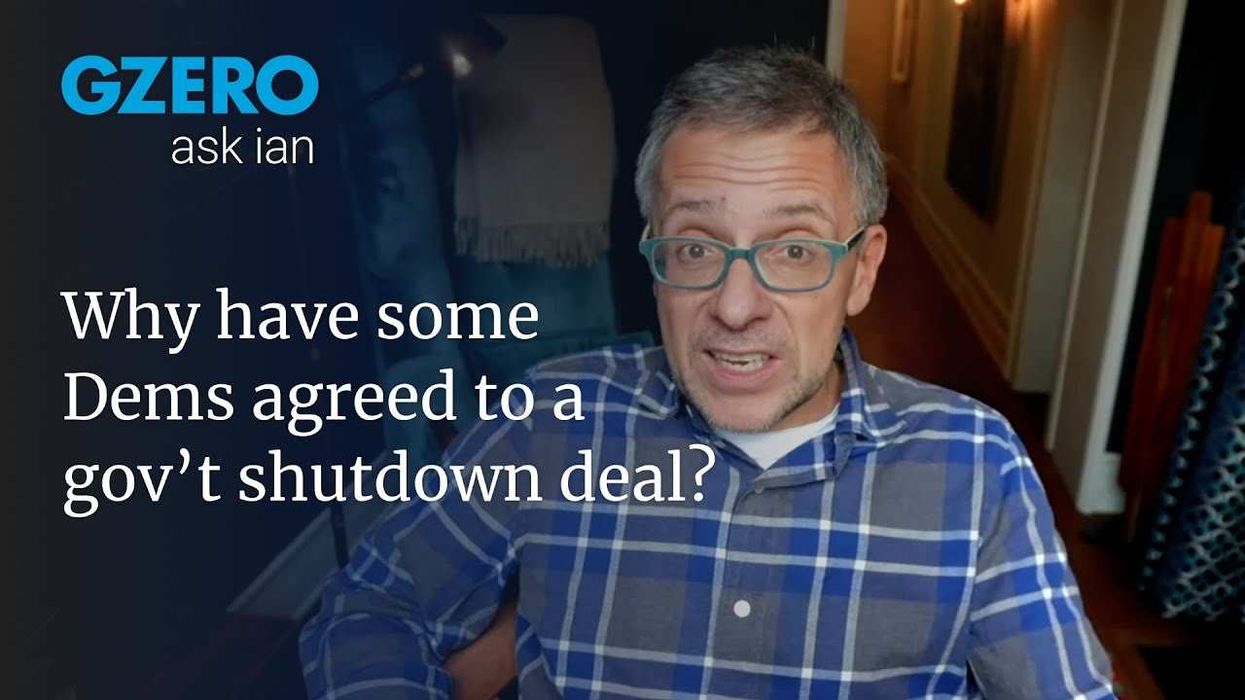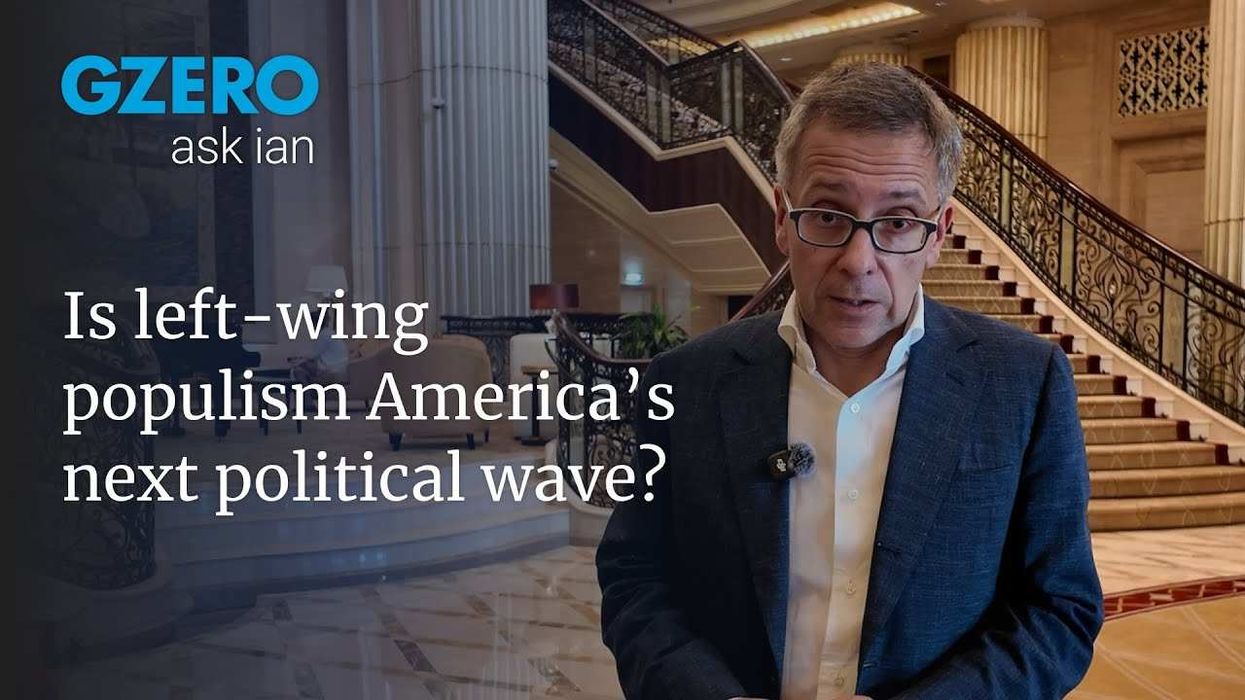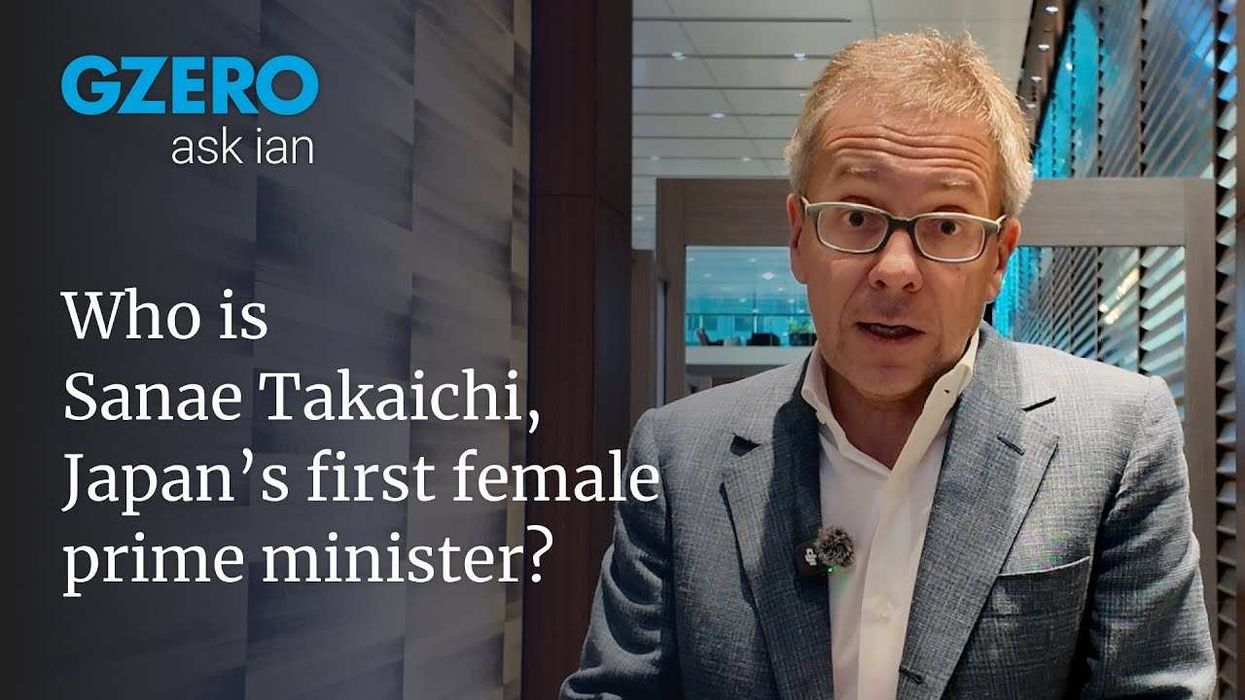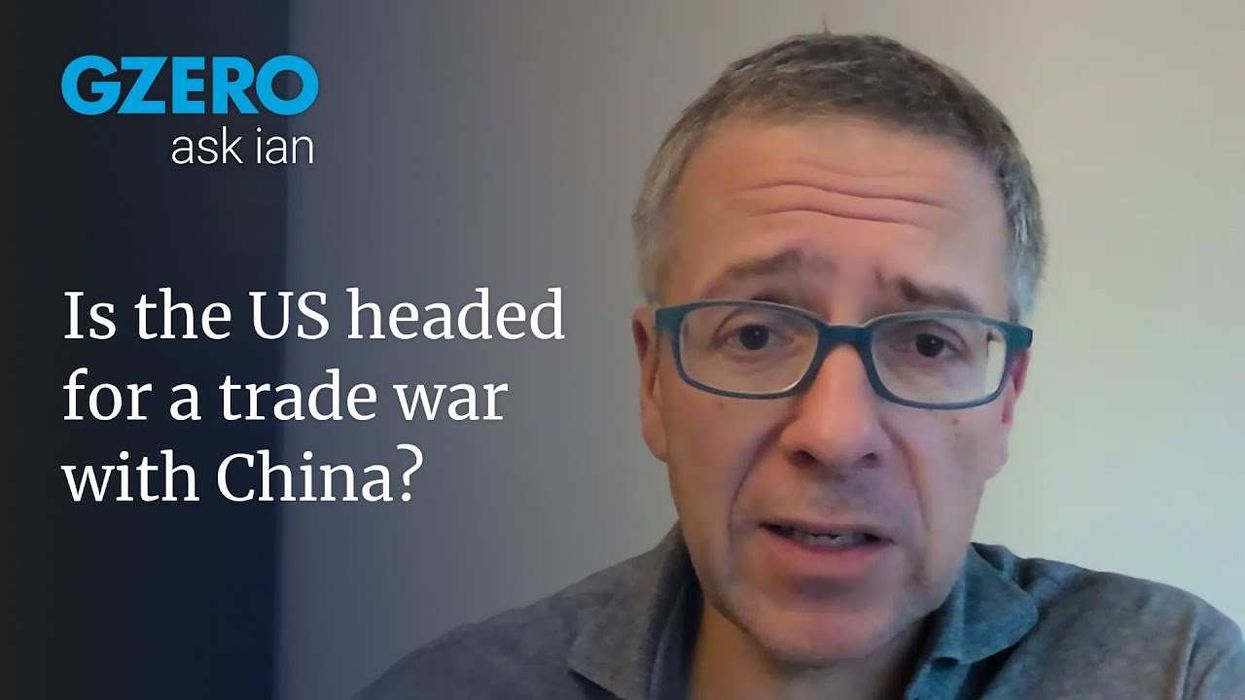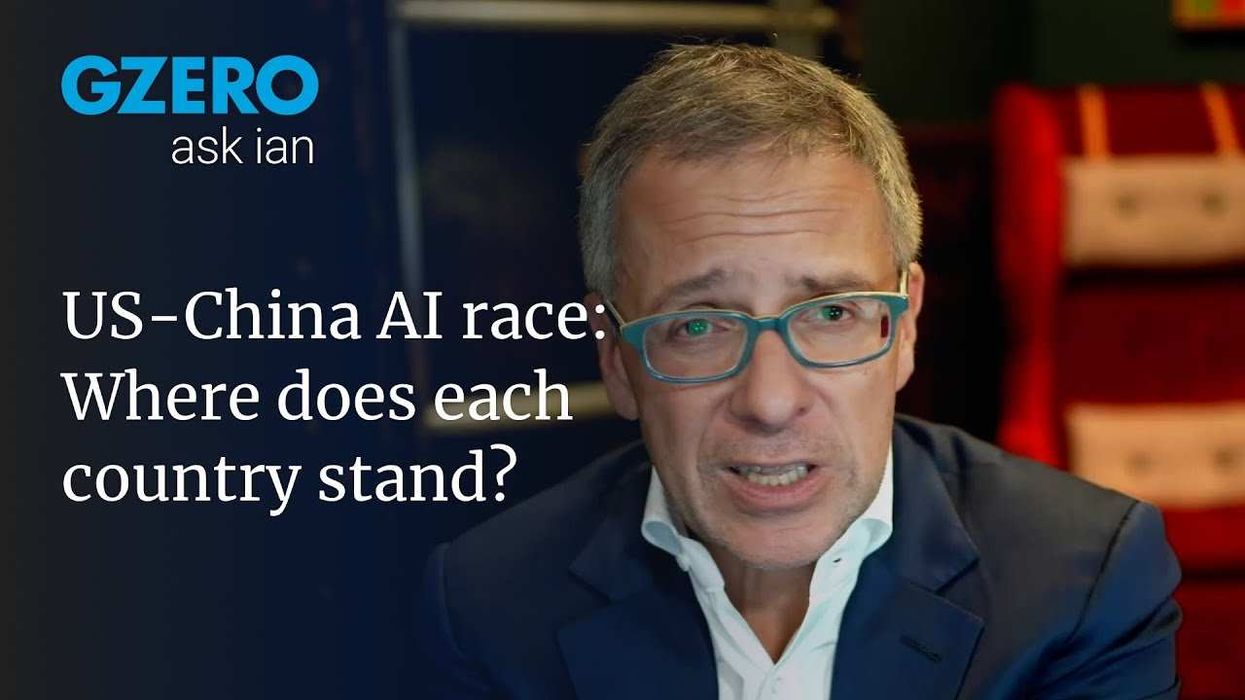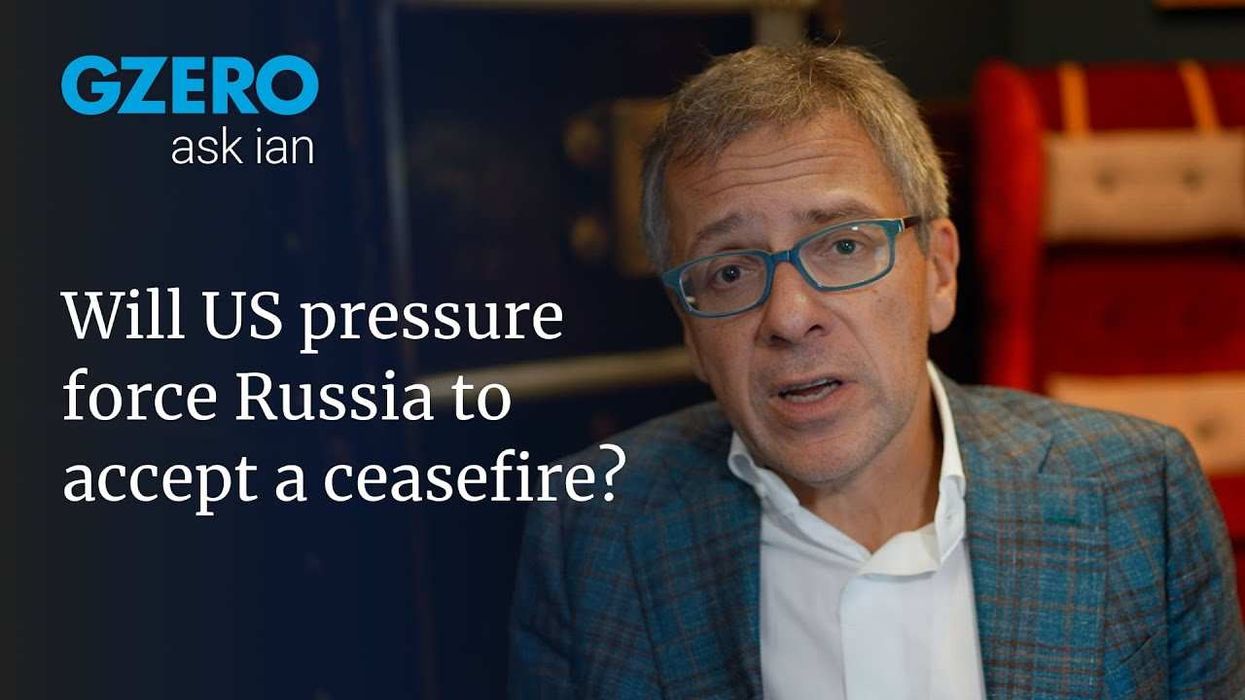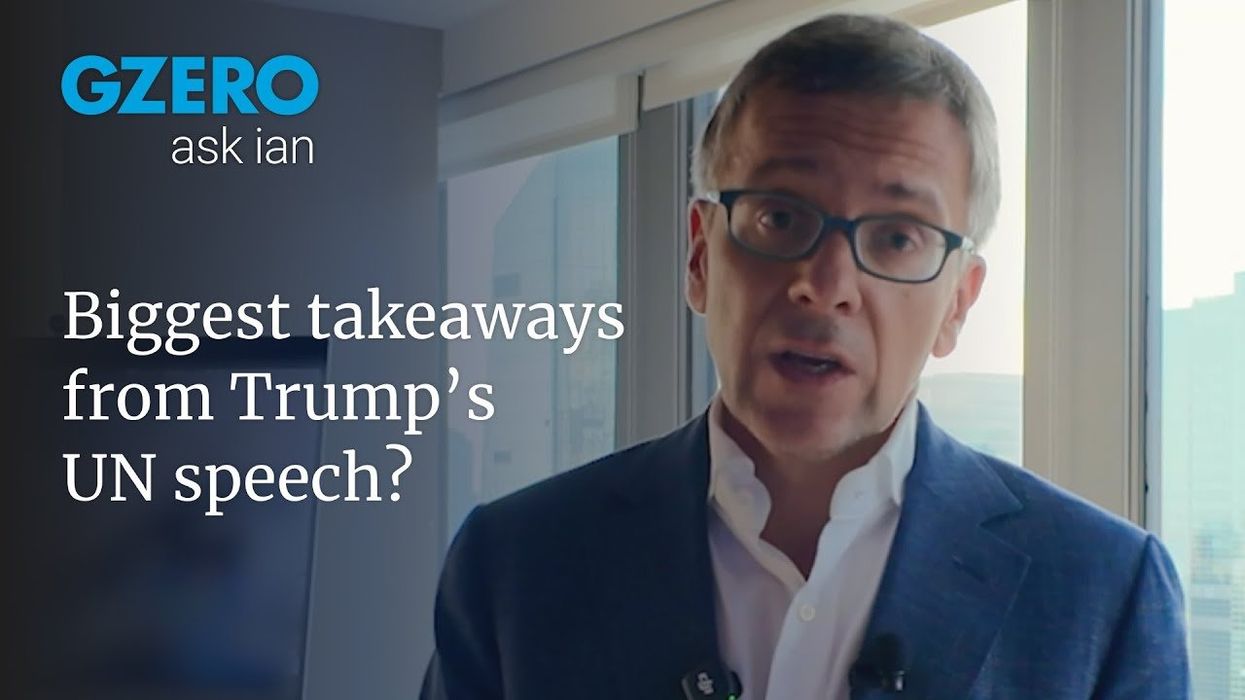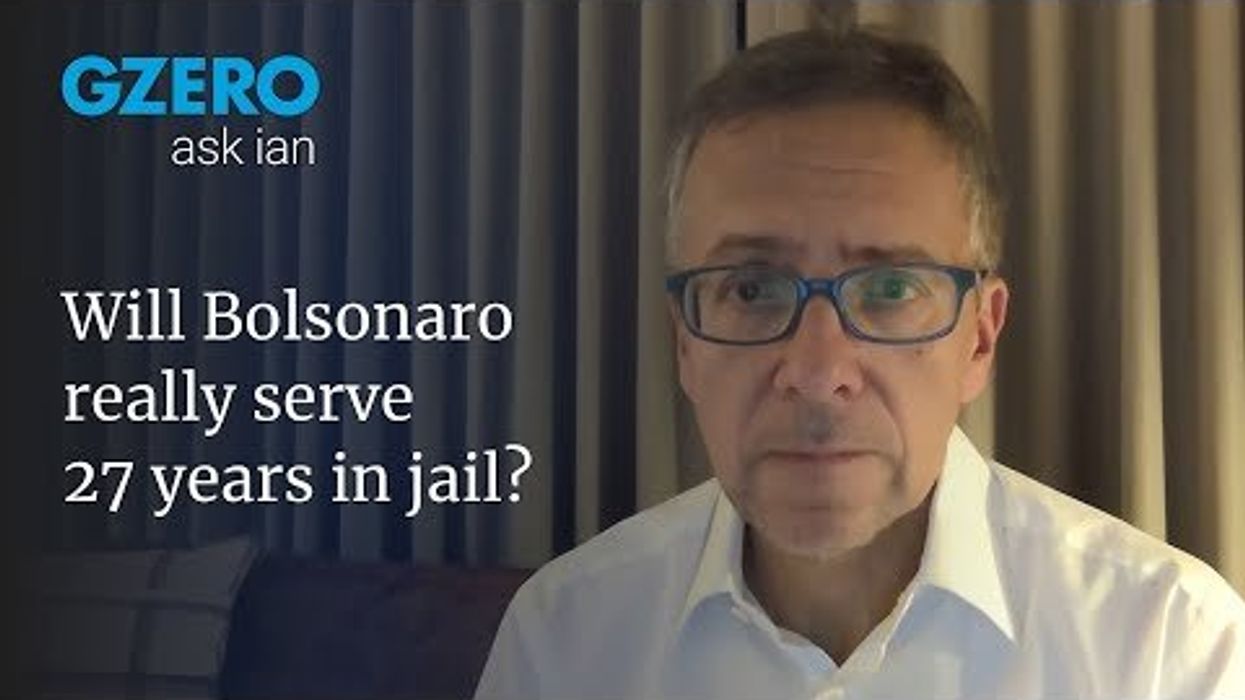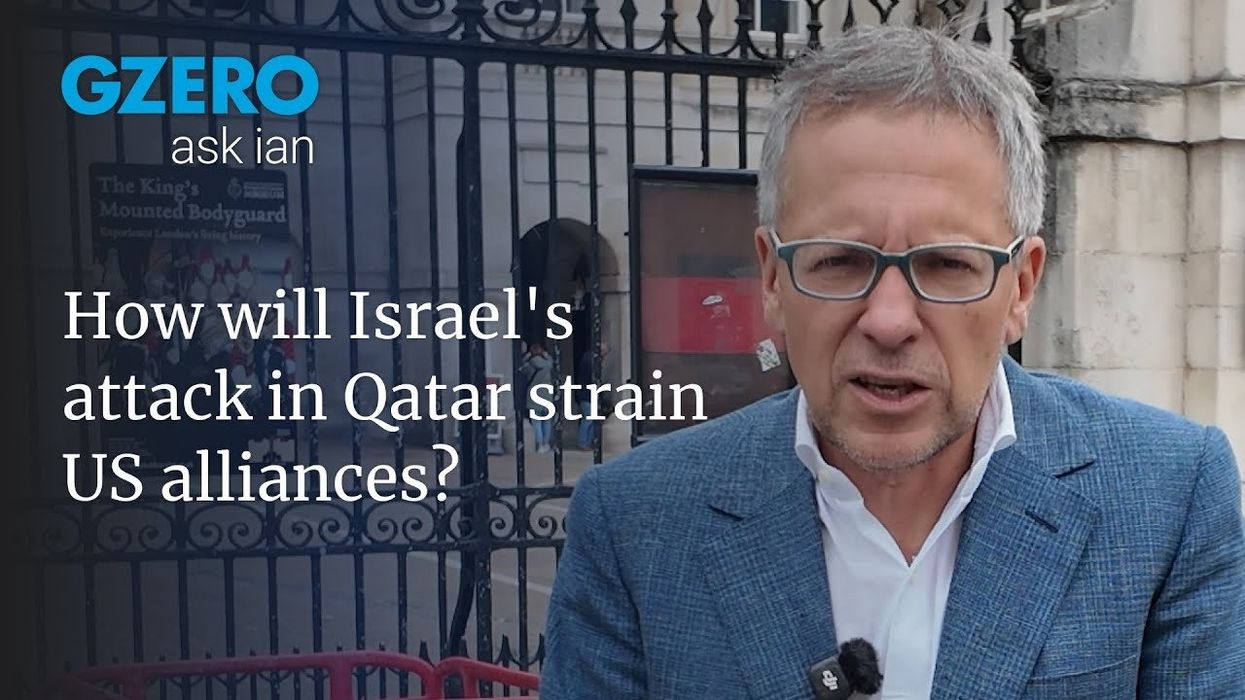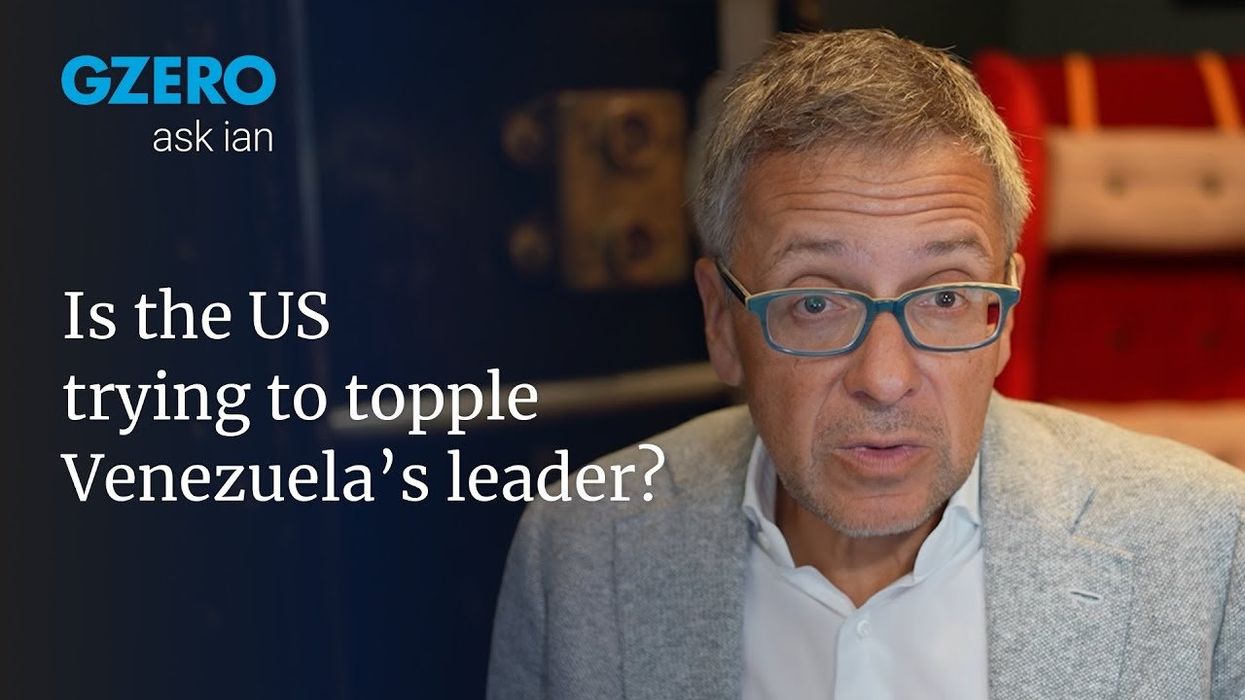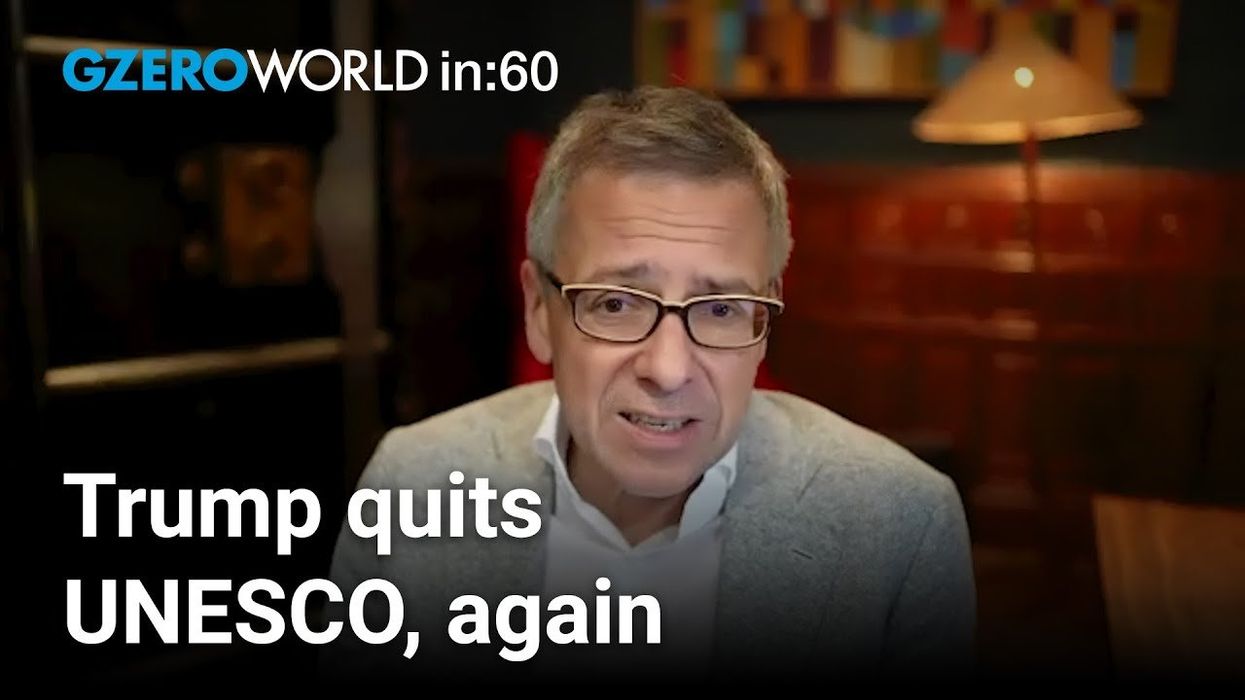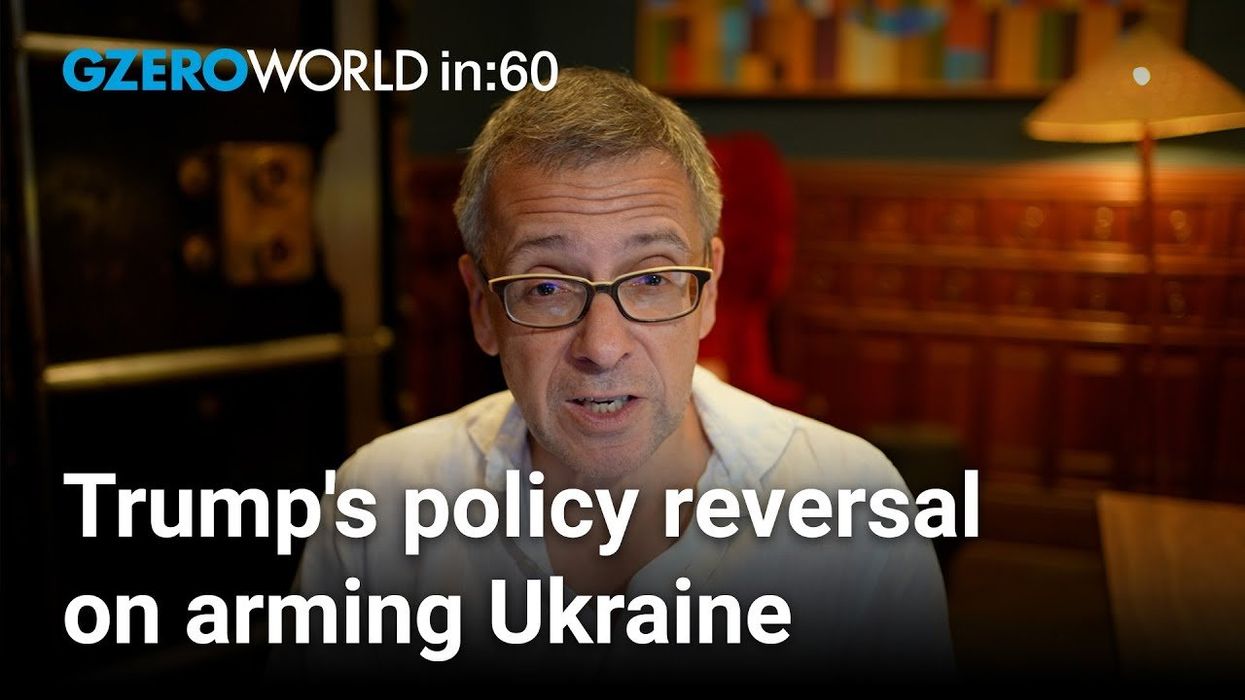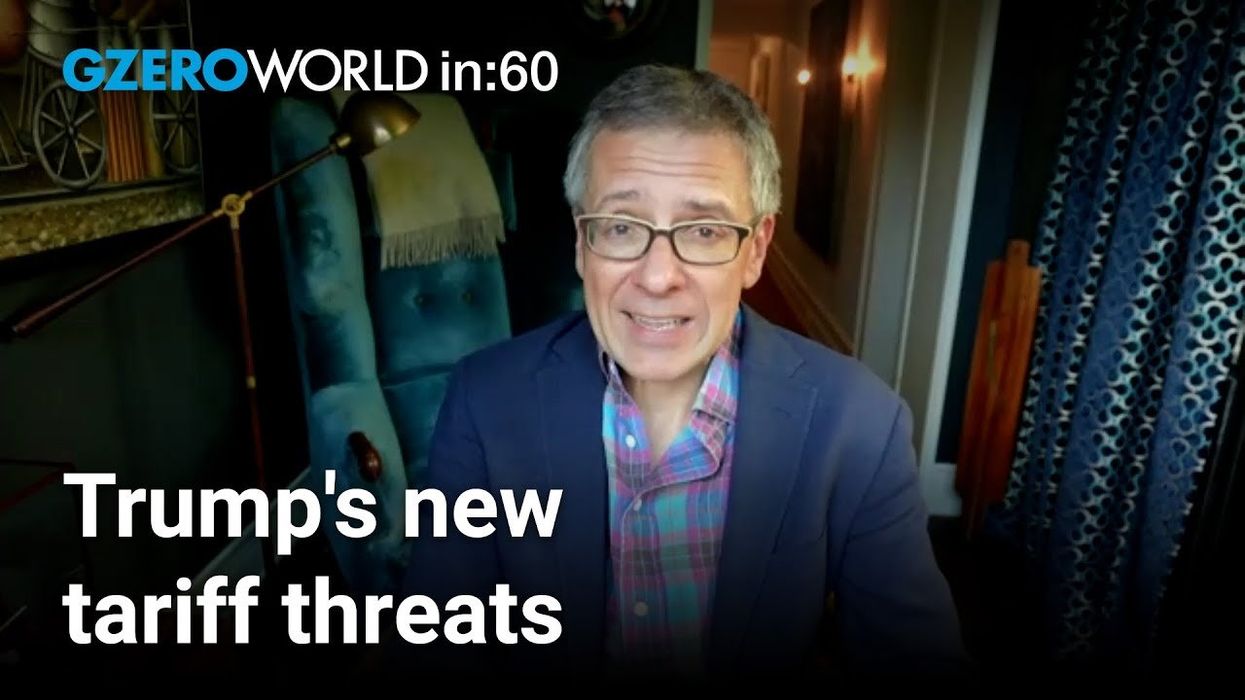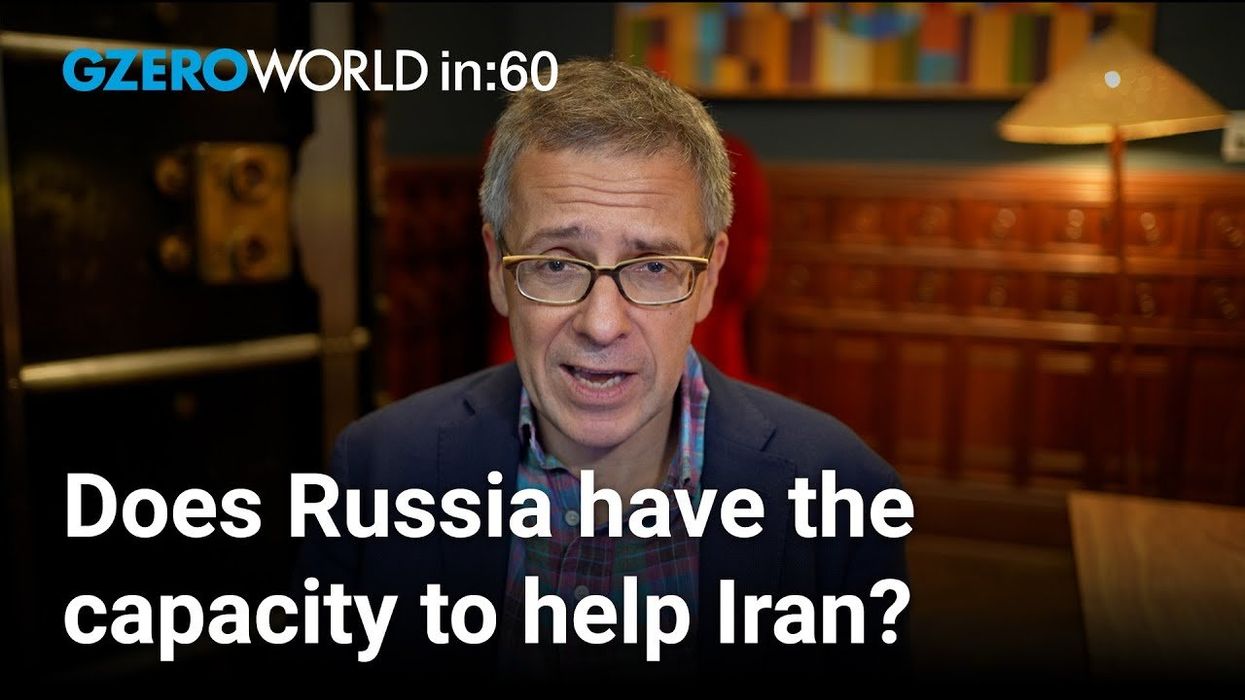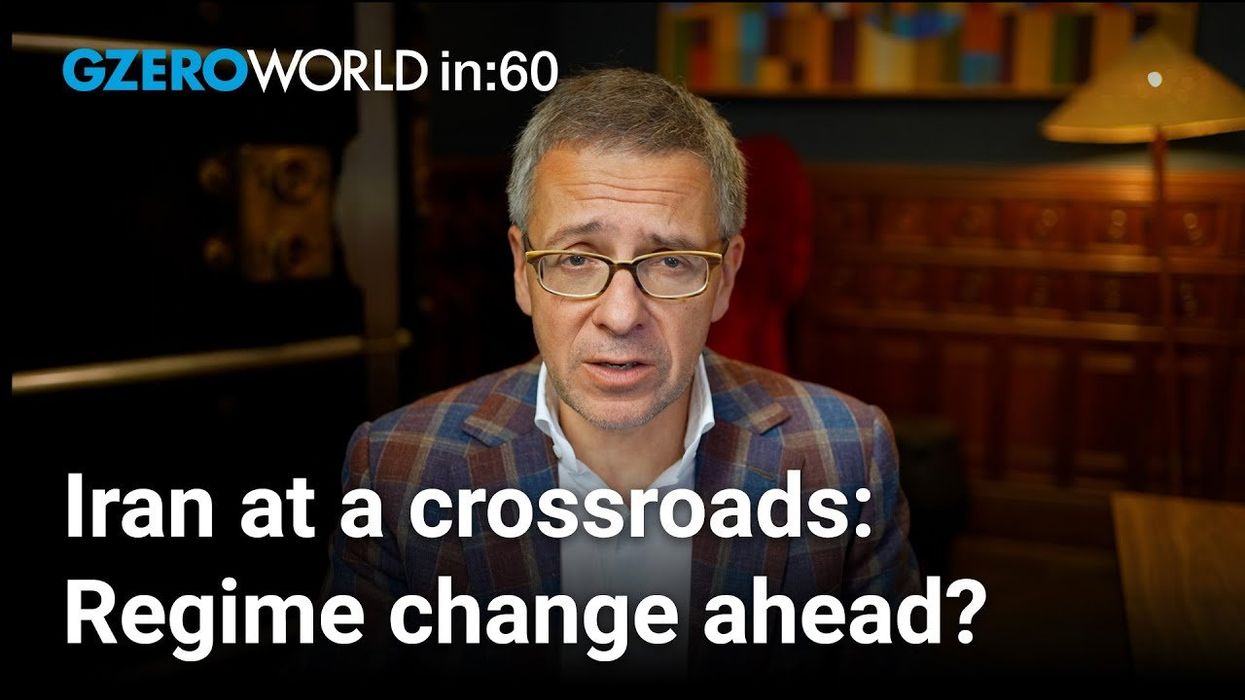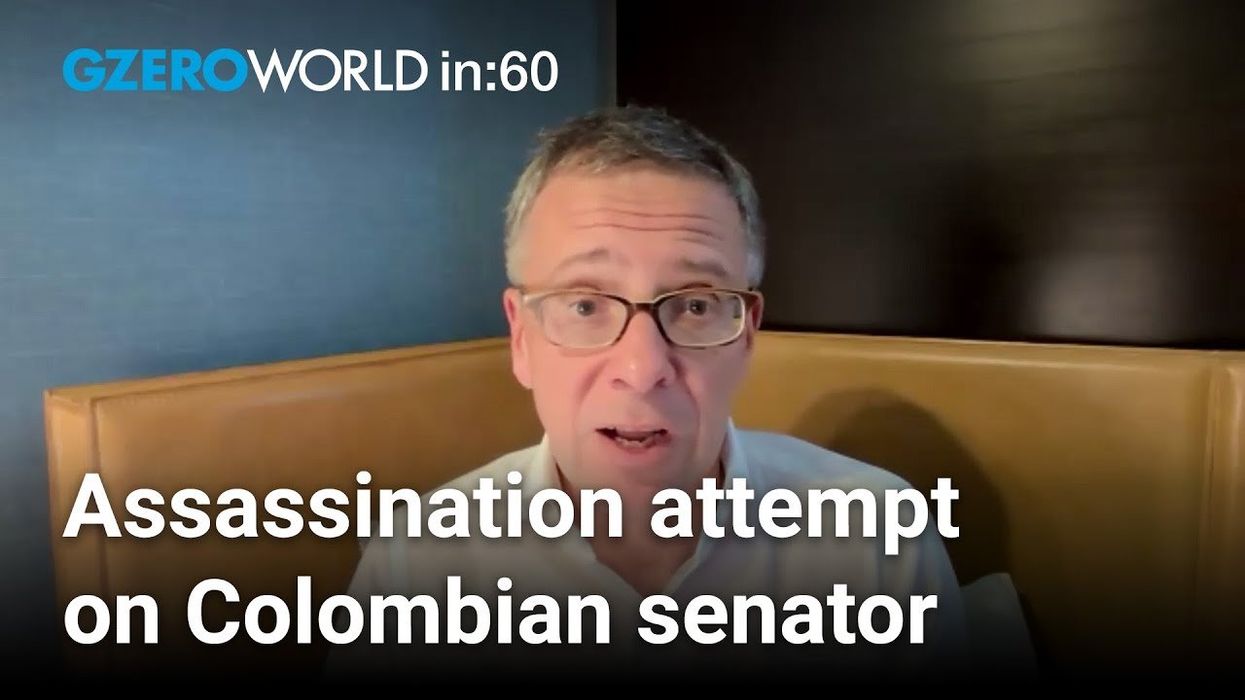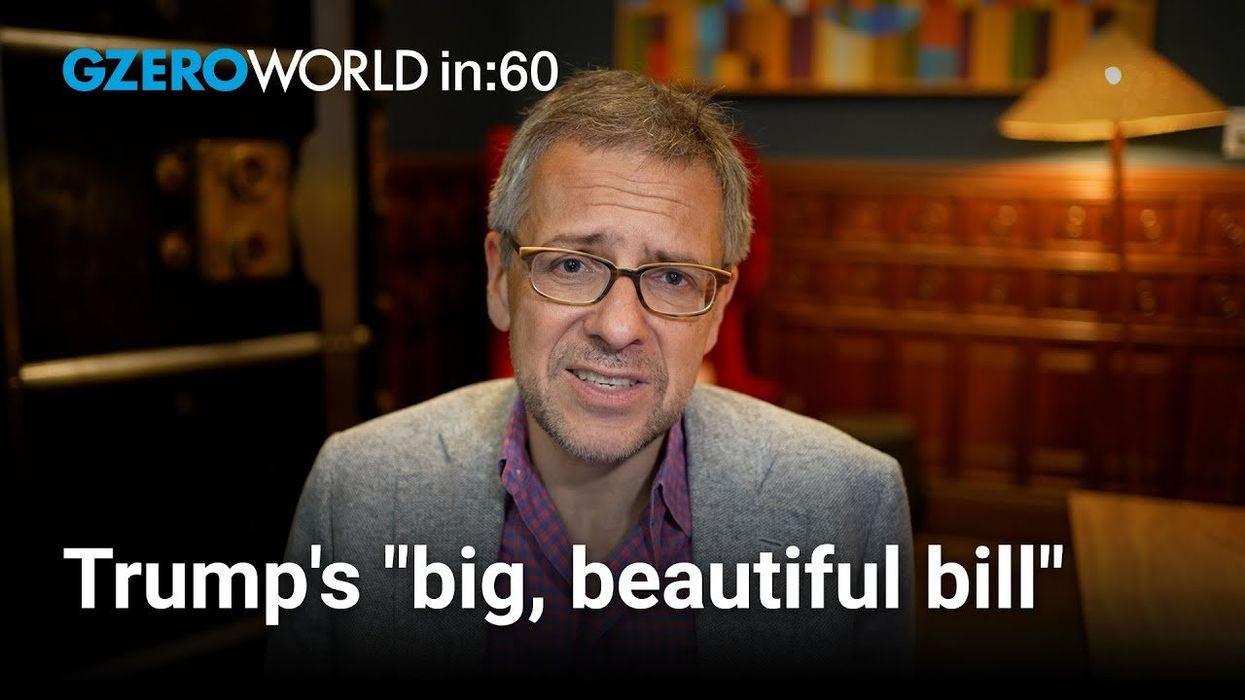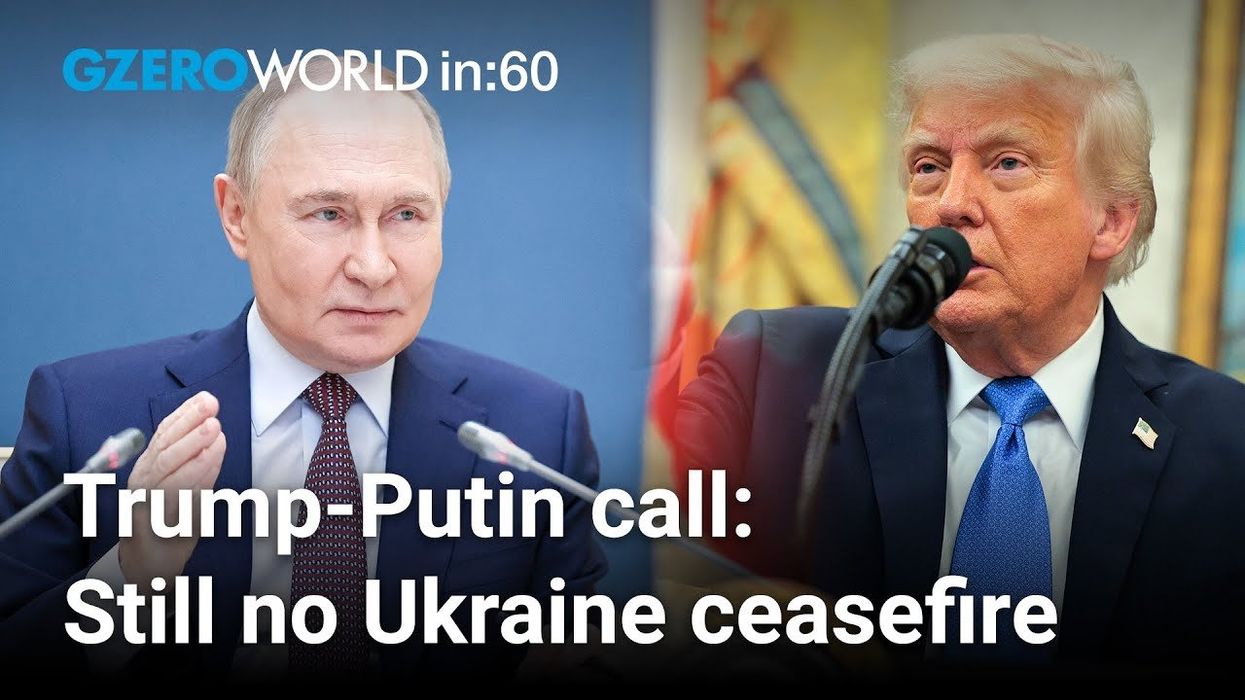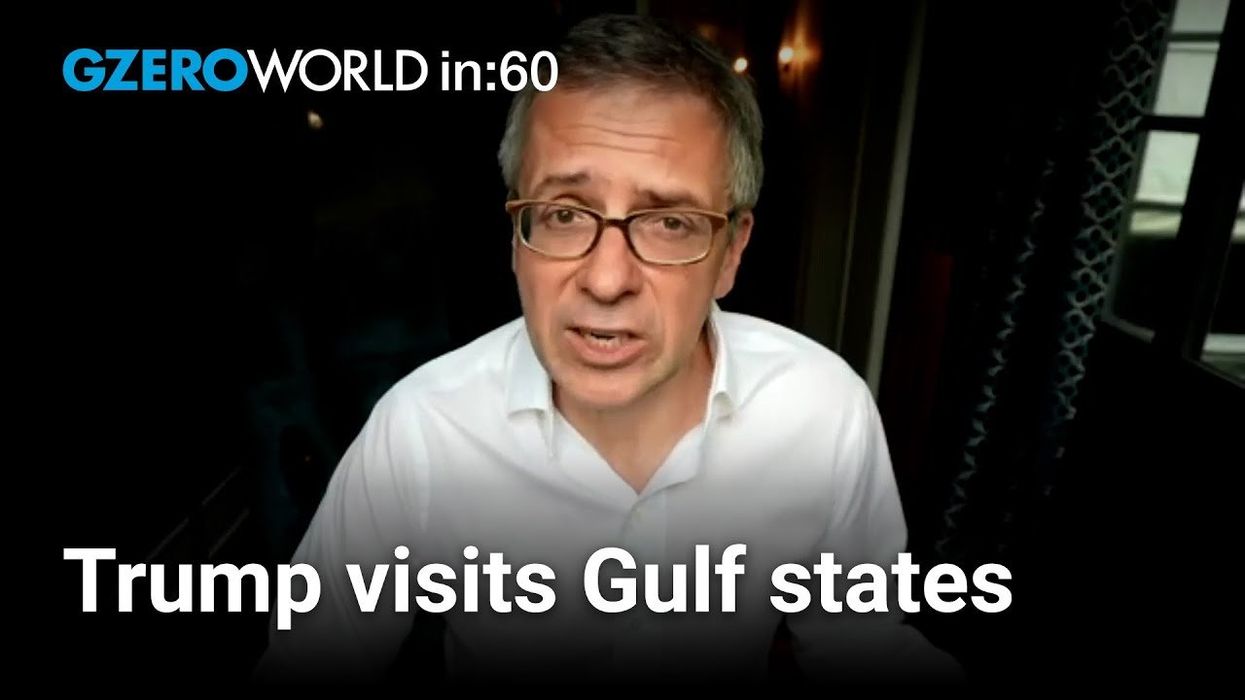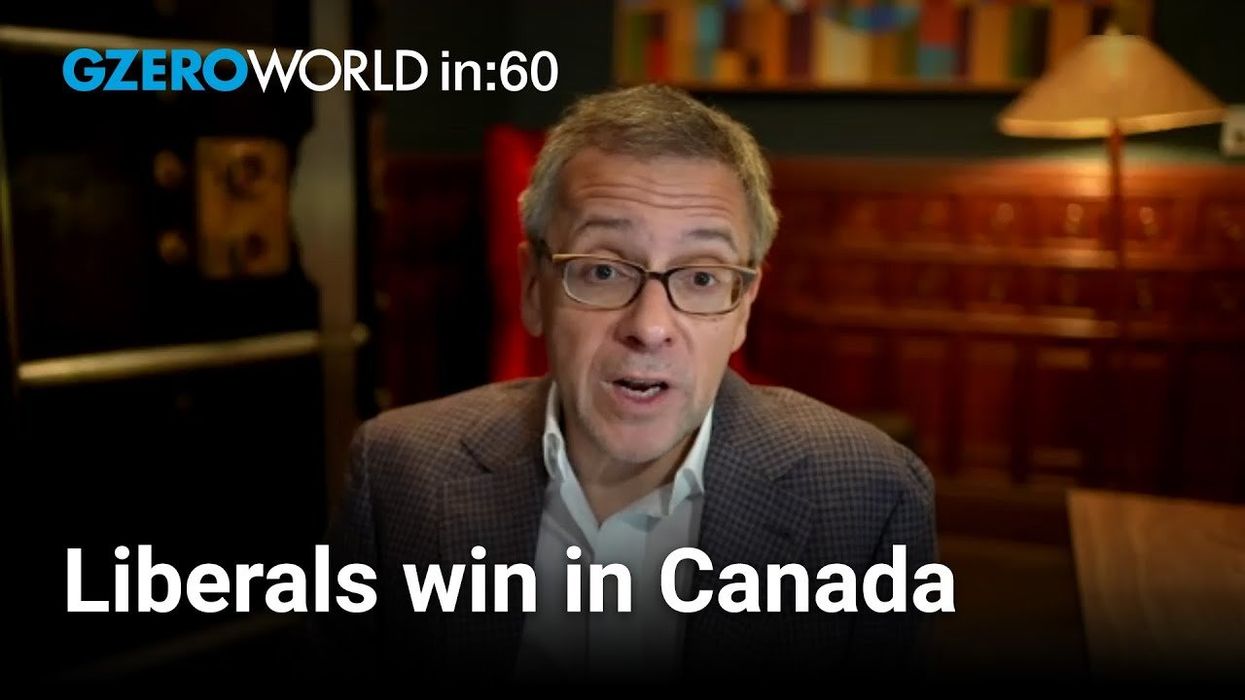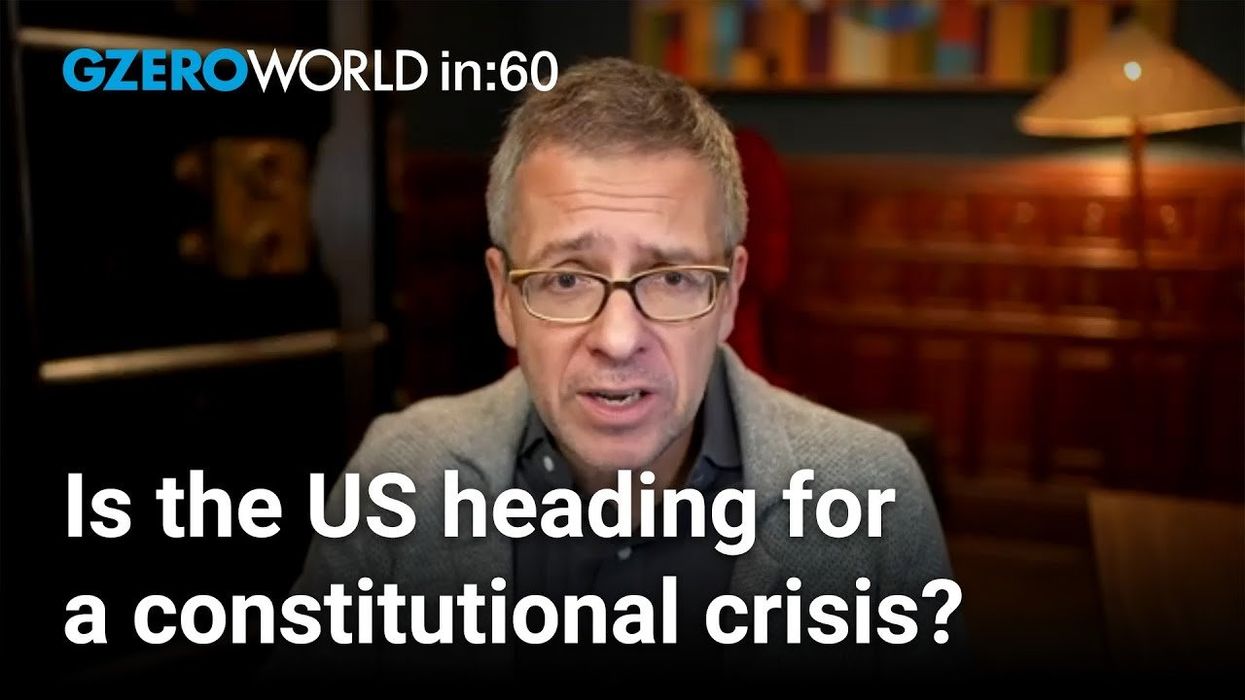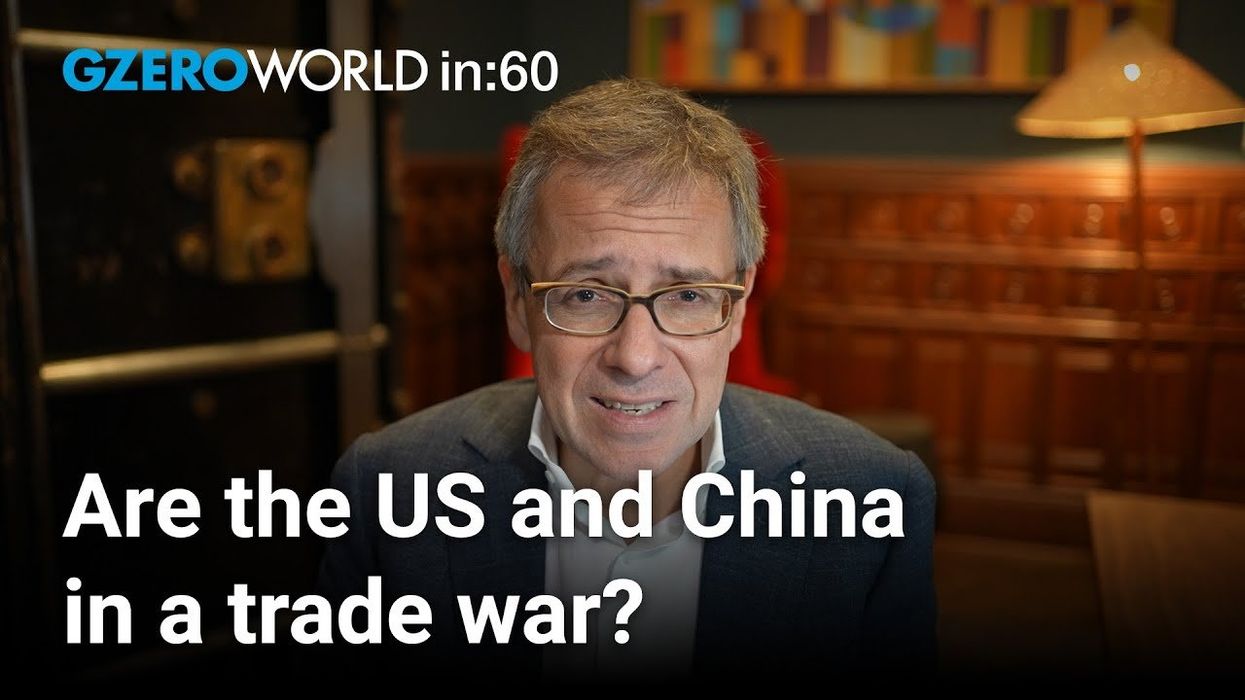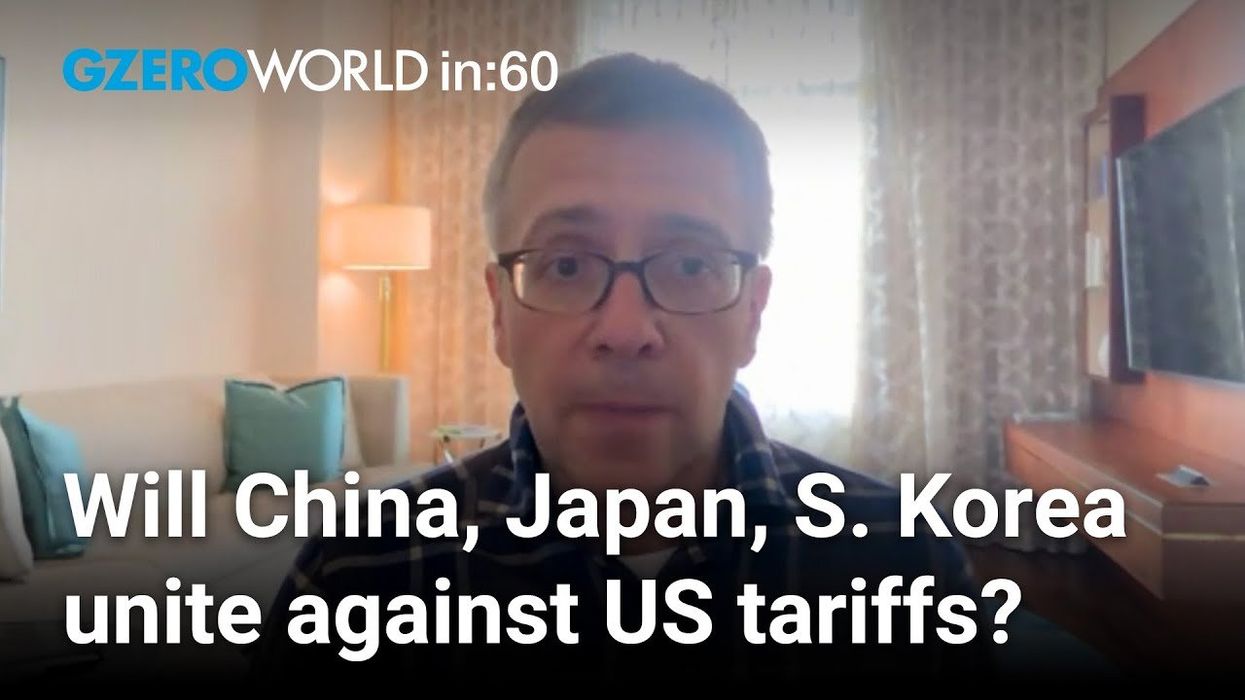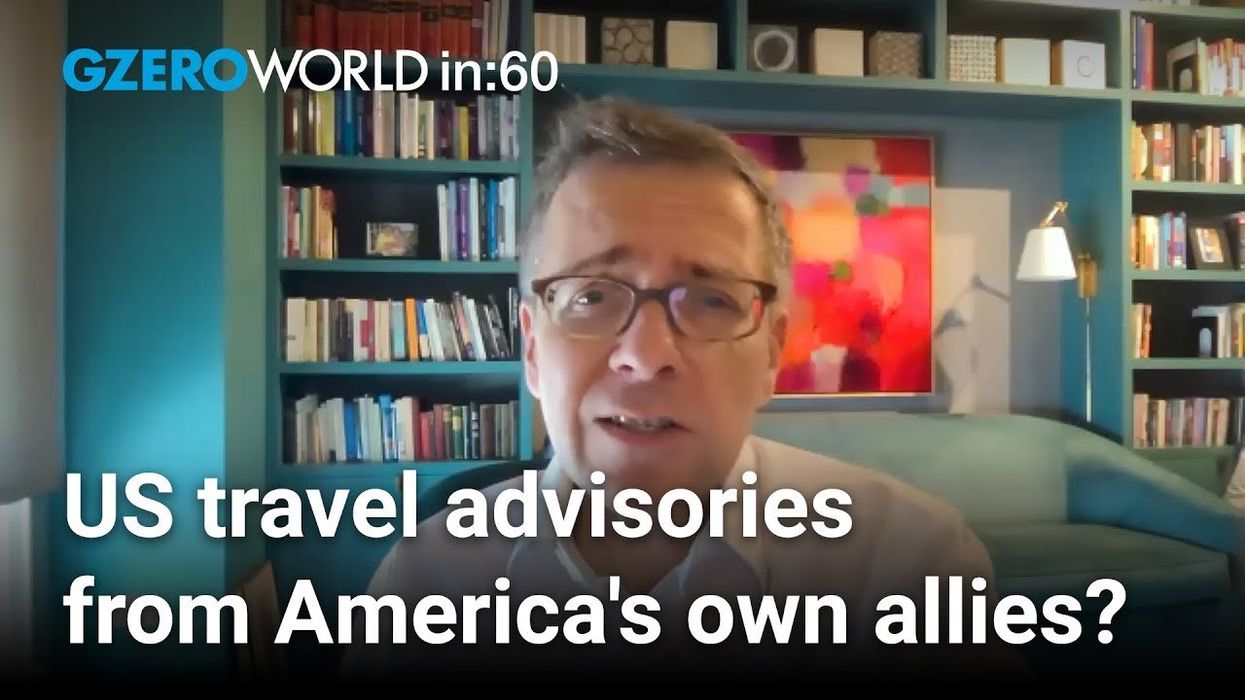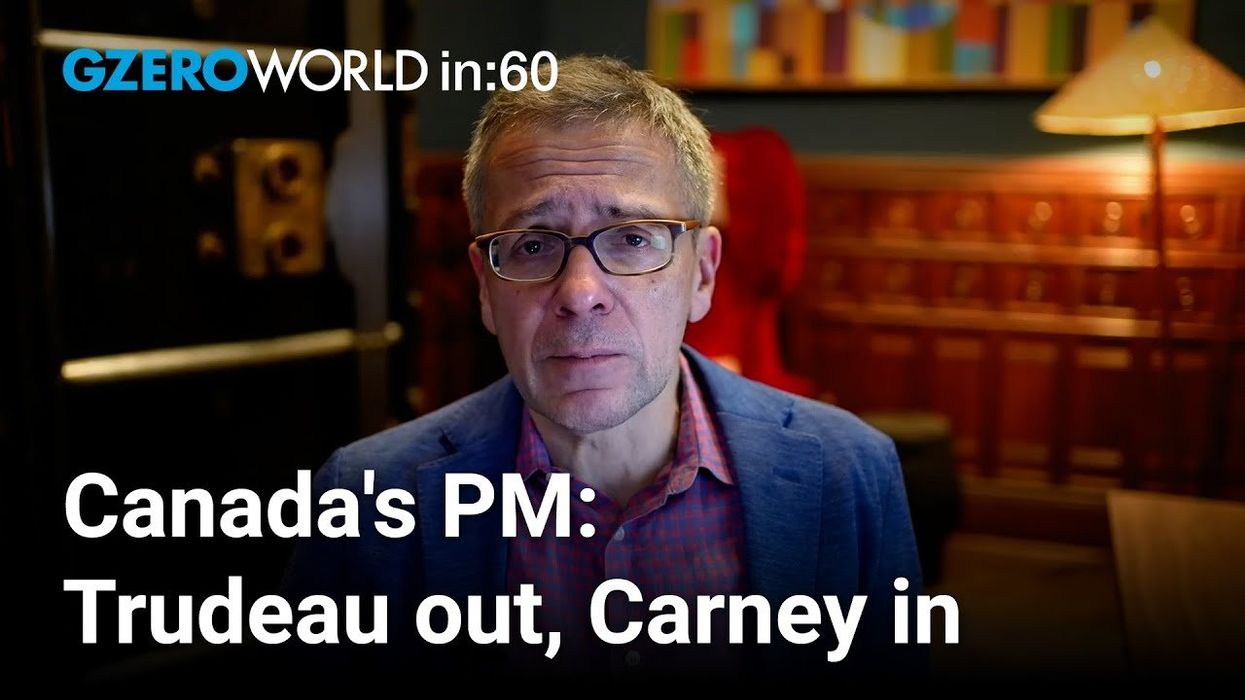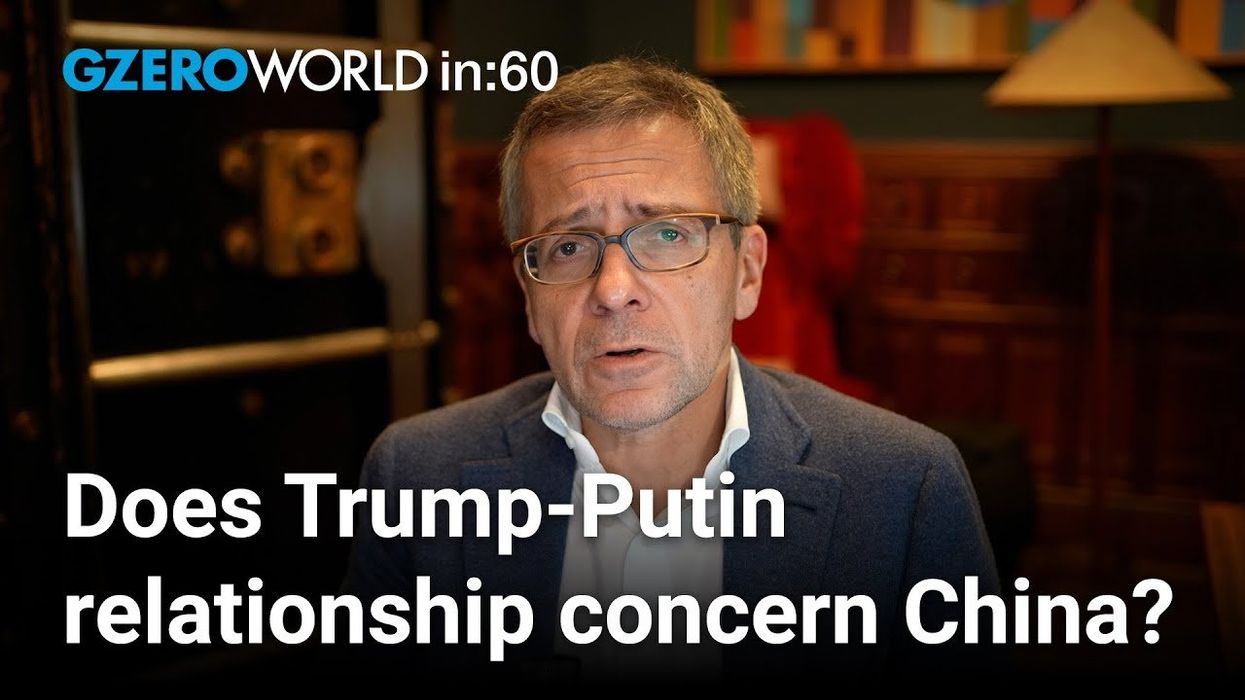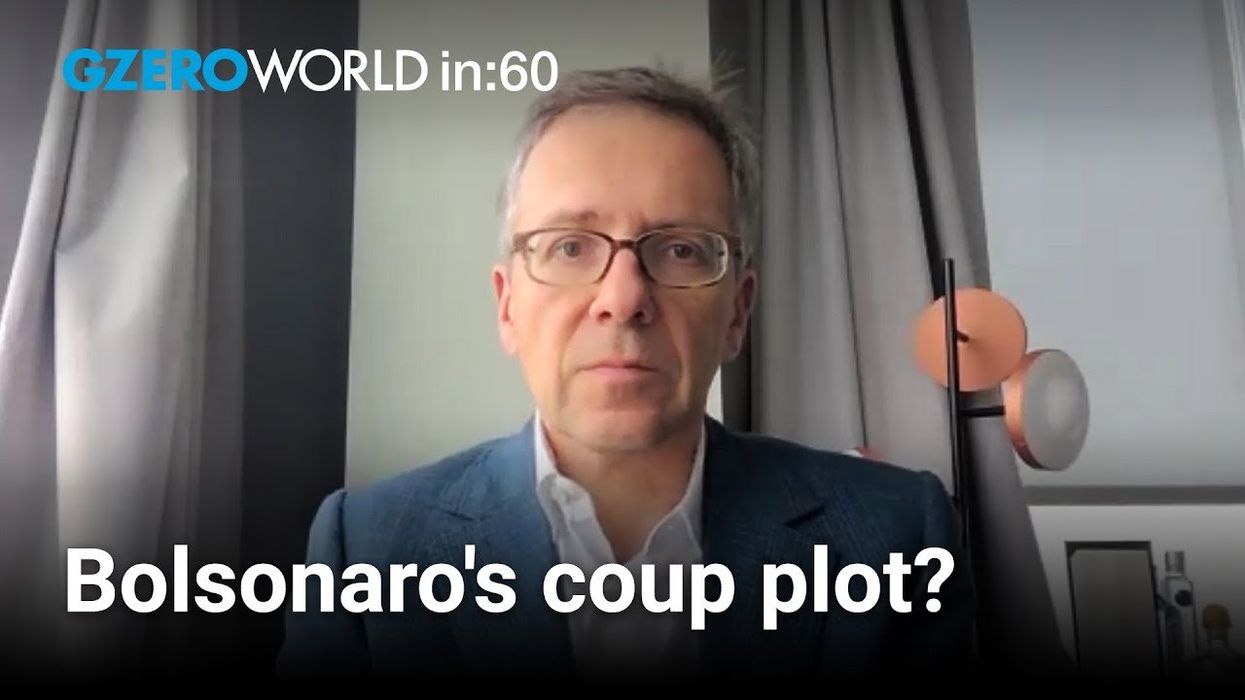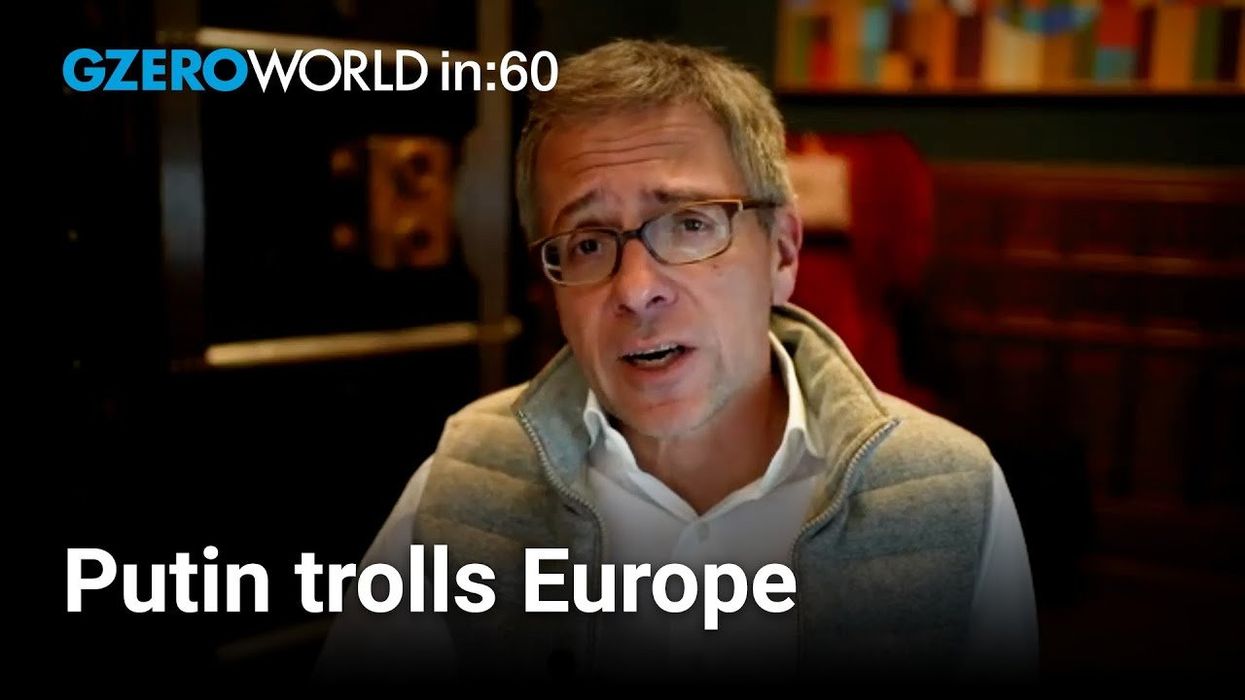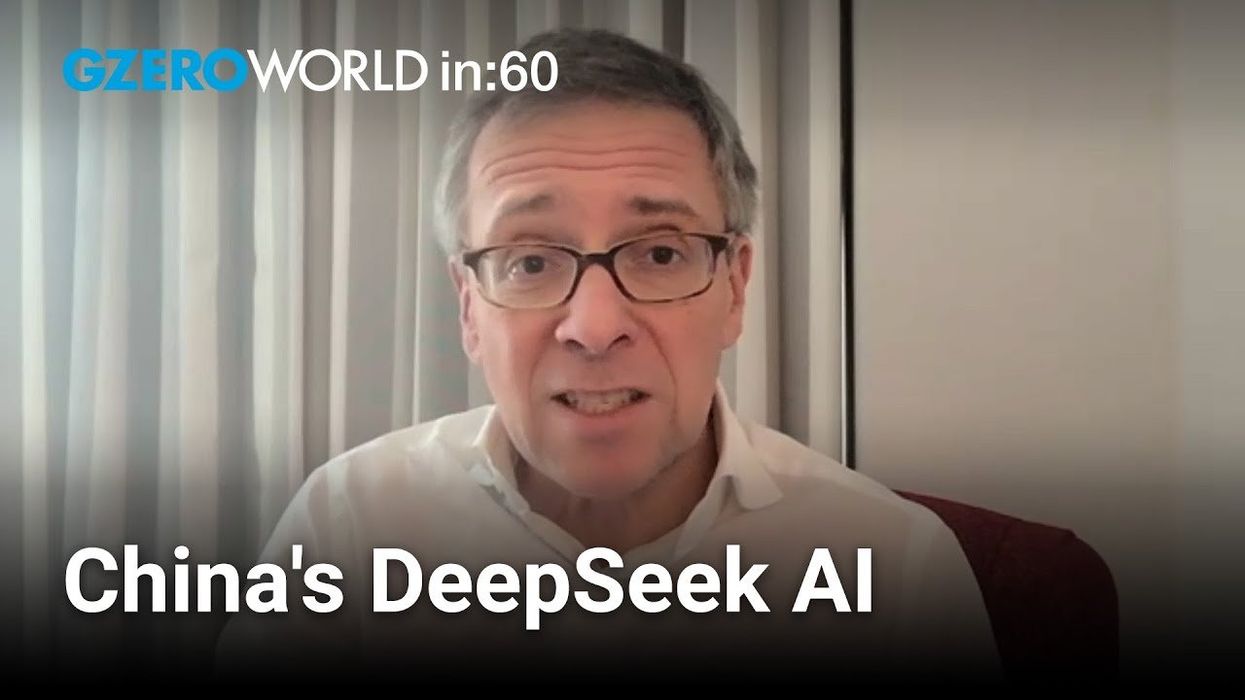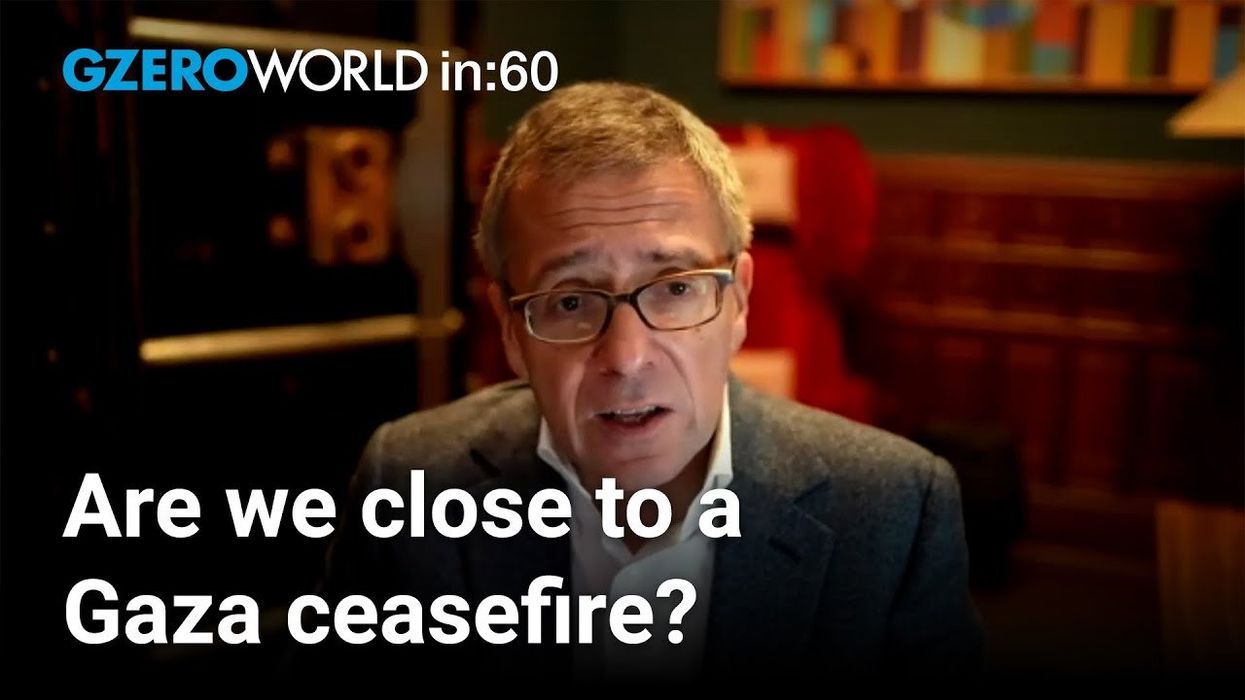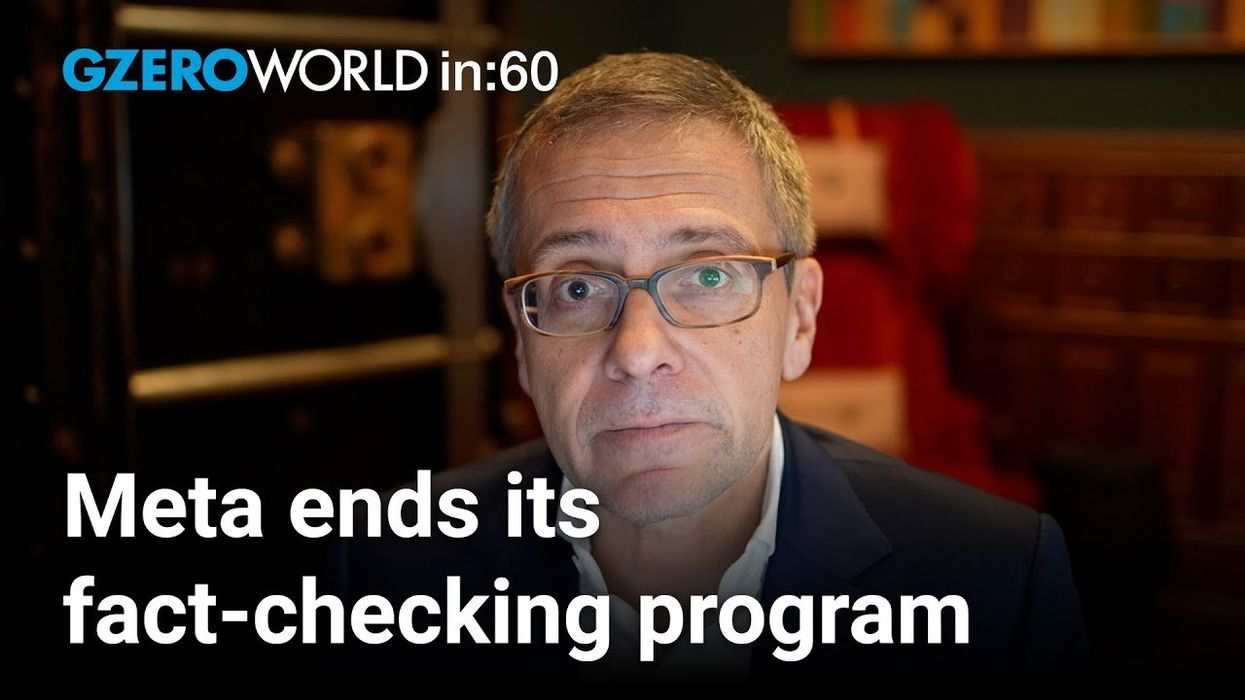VIDEOSGZERO World with Ian BremmerQuick TakePUPPET REGIMEIan ExplainsGZERO ReportsAsk IanGlobal Stage
Site Navigation
Search
Human content,
AI powered search.
Latest Stories
Start your day right!
Get latest updates and insights delivered to your inbox.
Top Risks of 2026
WATCH RECORDING
Ian Bremmer shares his insights on global politics this week on World In :60.
How will the international community respond to an Israeli invasion of Rafah?
Very, very badly. You see that the Israeli prime minister and War Cabinet continues to say that no matter what happens with the hostages and a potential deal, and everyone's trying to get one done at the last minute, that the intention is still very much to fight on the ground there. I don't think that's a bluff. And especially because it's supported by the entire Israeli political spectrum and the population, they believe that you've got to take out Hamas. And beyond that, there's also the concern about Hezbollah. So I think the international response is going to be very negative. It is certainly going to push back the possibility of any Saudi normalization, and it's going to lead to a lot more demonstrations and hostility against Israel in the United States and in Europe.
How would a Trump presidency be different from his first term?
I think the biggest issue, is that, Trump is going to be focused much more on ending, all of these cases against him, which he sees as completely unjust and that the political enemies, need to be responded to. And that means a top priority of ensuring that the leadership of the Department of Justice, the FBI, probably the IRS, are political appointees and loyalists to him. This was not a priority in the first administration. There's no Bill Barr coming back as attorney general. And I think the potential of that, to both create a new McCarthyism in the United States and also to create a structural advantage for the incumbent party in being able to ensure election outcomes much more strongly than you would in a normal, representative democracy, that is significantly at risk in that environment. That'll change the way we think about rule of law in the United States. That's probably the biggest difference.
Are growing US campus protests a sign of a chaotic election in November?
I wouldn't say that yet. We're still talking about relatively small numbers of students, and after graduations are over, I think the student protests are over. But there's no question this does reflect a significant anger among young people in the country. A lot of the people that are involved in the takeovers of buildings, for example, and the tussling with police, are not the students themselves, but people coming in, political entrepreneurs, if I can call them that, from outside. I am deeply concerned about what happens with the upcoming Democratic convention in Chicago. I think that could be very violent with lots of demonstrations. Certainly I don't see the war in Gaza over any time soon. And as a consequence of that, I think that, this is going to be a big problem and very, very challenging, as we think about the most dysfunctional and polarized US election since the 19th century, since the period of reconstruction.
Keep reading...Show less
More from ask ian
Trump, loyalty, and the limits of accountability
December 16, 2025
Notre Dame, politics, and playing by their own rules
December 08, 2025
Trump threatens regime change in Venezuela
December 02, 2025
Is Trump’s trade strategy backfiring abroad?
November 25, 2025
Ian stands in line for a bagel, the internet melts down
November 21, 2025
Could Trump have handled the Epstein issue any worse?
November 17, 2025
Democrats divided over government shutdown deal
November 11, 2025
Zohran Mamdani and America's political future
November 04, 2025
Trump, Xi, and the new US–China standoff
October 14, 2025
US-China AI race: Dueling strategies and potential risks
October 07, 2025
Trump shifts on Russia: From carrots to sticks in Ukraine war
September 30, 2025
Trump’s UN speech: Sovereignty, security, and ending wars
September 23, 2025
Israel attacks and targets Hamas leadership in Qatar
September 10, 2025
US strike on vessel from Venezuela
September 03, 2025
Trump pulls US out of UNESCO, again
July 22, 2025
Trump announces new plan to arm Ukraine
July 15, 2025
Are NATO allies aligned on Iran?
June 24, 2025
Will Iran’s regime survive?
June 18, 2025
Trump-Musk rift over Trump's "big, beautiful bill"
June 04, 2025
What is Trump after in his latest Gulf states tour?
May 13, 2025
Why Mark Carney’s victory won’t heal the US-Canada rift
April 29, 2025
Trump tariff is starting a US-China trade war
April 08, 2025
What if Japan & South Korea sided with China on US tariffs?
April 01, 2025
US travel warnings issued by its closest allies
March 25, 2025
US-Canada trade war helps Mark Carney's election prospects
March 11, 2025
Why Trump won’t break the Putin-Xi alliance
March 04, 2025
Will Trump & Musk punish Brazil over Bolsonaro indictment?
February 19, 2025
Putin trolls Europe about "the master" Trump
February 04, 2025
DeepSeek puts US-China relations on edge
January 30, 2025
Gaza ceasefire likely as Biden and Trump both push
January 14, 2025
Meta scraps fact-checking program: What next?
January 07, 2025
GZERO Series
GZERO Daily: our free newsletter about global politics
Keep up with what’s going on around the world - and why it matters.

